Humans only just arrived on this planet, and we wasted no time making a mess of it.
Two crucial conferences should stop our destruction of the stable climate and biodiversity essential to life on this planet.
Suppose an alien spaceship will land on earth next week. After many light-years of travel through space, some friendly little green creatures decide to get out and stretch their legs on our planet. What would they report home?
I guess their first description would be ecstatic. Hidden in the fast, cold, and dark universe, they discovered a blue planet that brims with an incredible diversity of life, aided by ideal living conditions.
But after a bit more research, the little aliens write their subsequent reports in a more sobering tone. One intelligent species seems to have worked out how to join hands to dominate all other species. There are 7.6 billion of these humans on the planet; that sounds like a lot, but they represent just 0.01% of all living things. However, their destructive impact is unprecedented.
Since the dawn of civilization, humanity has lost 83% of all wild mammals and half of all plants.
Of all the mammals on earth, 96% are livestock and humans, while only 4% are wild mammals.
Seventy percent of birds are chickens and other poultry, only 30% are wild.
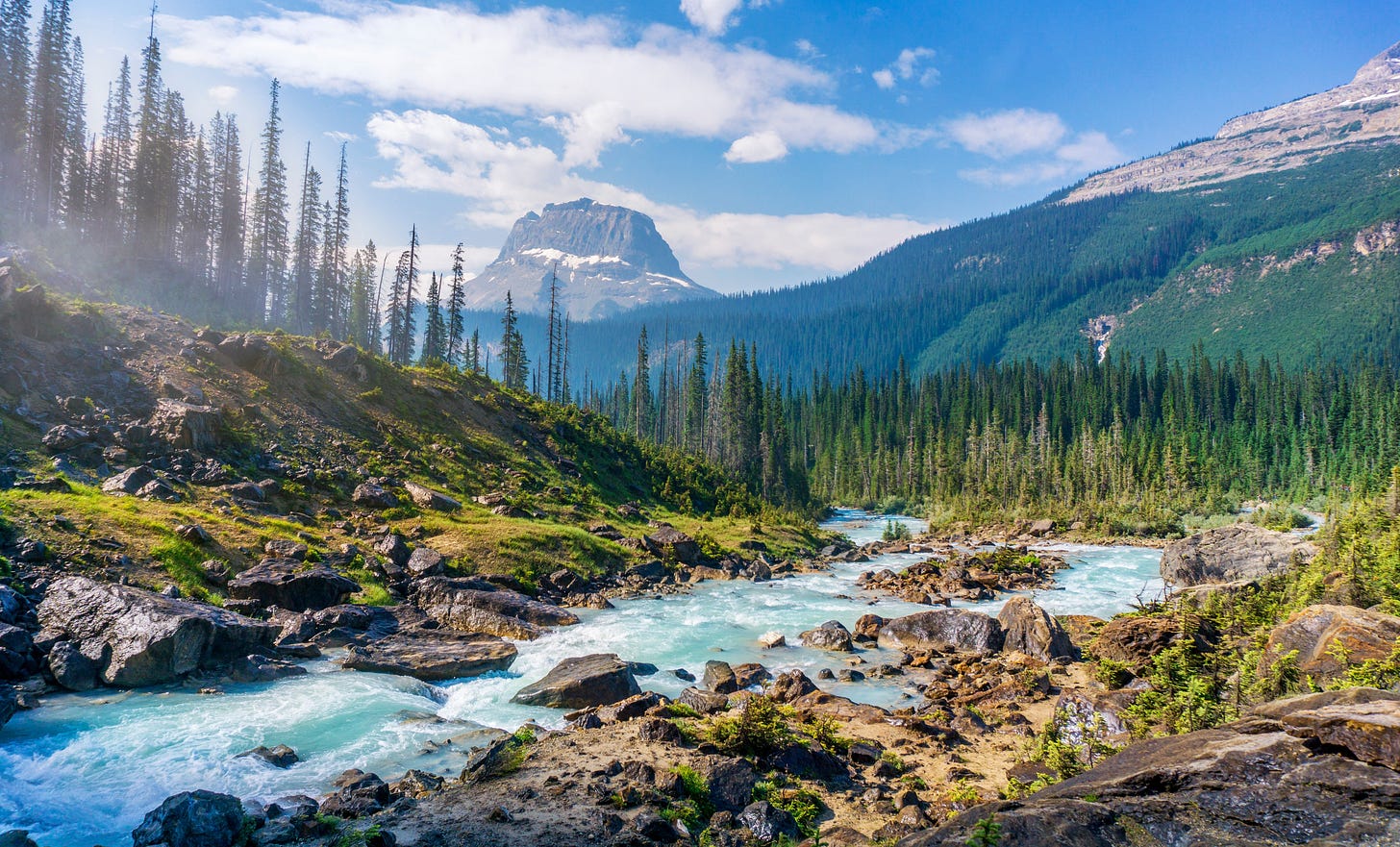
Our little green visitors are shocked by these numbers and the speed at which this one species is taking over the planet. It seems that humans make only limited use of their intelligence and cooperative skills. They like to dominate and destroy for short-term gains but fail to preserve the ecosystems they need in any long-term strategy to benefit them as a species and all life on the planet.
That flaw is most notable in their never-ending hunger for more consumption and growth. It is a lifestyle that doesn't fit within nature's capacity on this modestly-sized planet. Humans needed only several decades to burn vast quantities of the fossil fuel resources that took hundreds of millions of years to form. The resulting pollution heats the oceans and atmosphere, and they know this will lead to existential challenges.
They don't seem to listen to the wisest amongst their species, who are united in their advice to urgently replace fossil fuels with renewable energy, become more energy-efficient, and stop deforestation. Instead, they often prefer to follow leaders who are much less educated and whose popular solutions often include blaming others for all the problems on this planet.

The little green visitors soon realize that they have arrived at a pivotal moment in the history of this 4.5 billion years old planet. So they decide to stay a few more weeks since it seems that the dominating species of humans increasingly realize that they are running out of time to preserve the ideal living conditions on this planet with a stable climate and rich biodiversity. They report back home that the leaders of this destructive species will come together to solve these challenges in two conferences.
Biodiversity
The first conference has already started in Kunming, China, where delegates at the 15th United Nations biodiversity conference discuss biodiversity loss and the collapse of ecosystems that sustain all life on the planet. It is an emergency that gets somehow less attention than climate change but is no less of an existential crisis. Both issues are highly interrelated. For instance, destroying a rainforest is terrible for the climate and biodiversity, and the climate crisis threatens the survival of many species of plants and animals. An estimated million species are now threatened with extinction. The second part of the conference, in spring 2022, hopes to conclude a kind of Paris Agreement on tackling biodiversity loss with concrete targets.
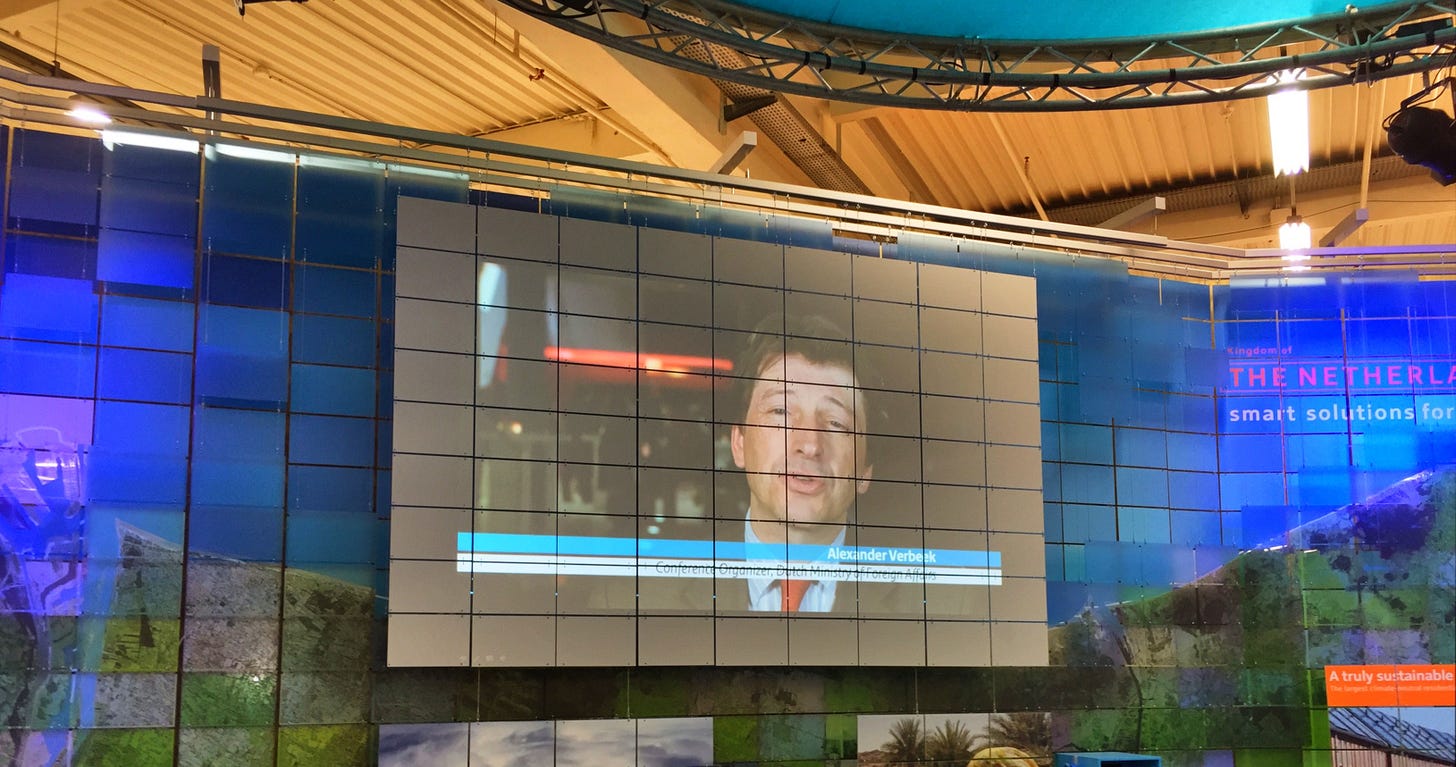
Climate change
The second conference is COP26, the 26th Conference of Parties of the 1992 United Nations Framework Convention on Climate Change (UNFCCC). There has been a COP nearly every year, but some are more important. The most well-known is COP21, where all countries negotiated the Paris Agreement on climate change.
This COP 26 will be another important one, and it starts at the end of this month in Glasgow. Six years ago, the Paris Agreement set the legally binding goals of limiting the global temperature rise to well below 2 degrees Celsius while pursuing efforts to limit it even further to 1.5C. But just stating the end result doesn't get you there since it requires a collective effort of nearly 200 countries, and they all seem to be reluctant to be among the first movers to a new system or to carry a heavier burden than others.
Therefore, countries set national targets to reduce emissions. But, unfortunately, it soon became apparent that these national targets were not ambitious enough. If all nations would follow up on their National Determined Contributions as these targets are called (that is a big 'if'), the world would still warm to a high fever of more than 3C. So COP26 is where the countries should raise their ambitions and present revised NDCs.
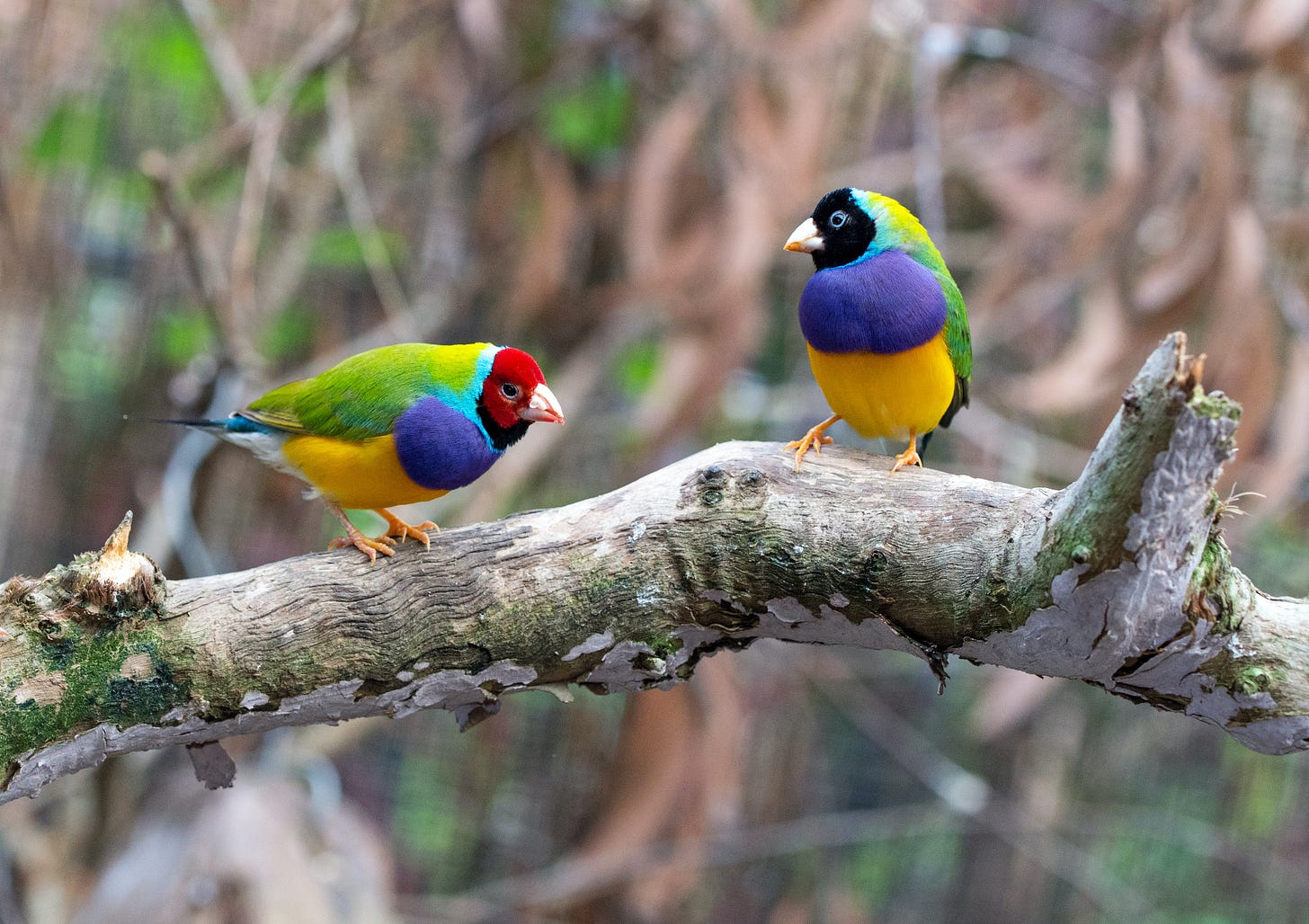
Last month, the UN illustrated how far off-target we are when the organization warned that current pledges on emissions from national governments would increase emissions by 16 percent in 2030 compared with 2010 levels. That is a massive gap from the scientific calculations stating that emissions must fall by 45% in that period to stay within 1.5C.
This week, the World Health Organisation has reminded the world of the importance of climate action. It said in a report that "The burning of fossil fuels is killing us." Therefore, the WHO calls for ambitious climate action and also warned: "Climate change is the single biggest health threat facing humanity." Among the report's many recommendations are calls to restore nature and move to an economy that is much more based on well-being.
Humans are latecomers in the earth’s history
Our little green guests in their spaceship look at all these numbers from a broader perspective. If you compress the 4.5 billion years of earth's history into one year, those destructive humans only crashed the new year's party at the last minute.
Life appeared remarkably early on earth, by 25 February on the one-year time scale; that was so quick that some out-of-space help may have speeded up the process. But then it took until mid-August until multi-cellular organisms developed. It then took them only a month before they started to enjoy sexual reproduction.
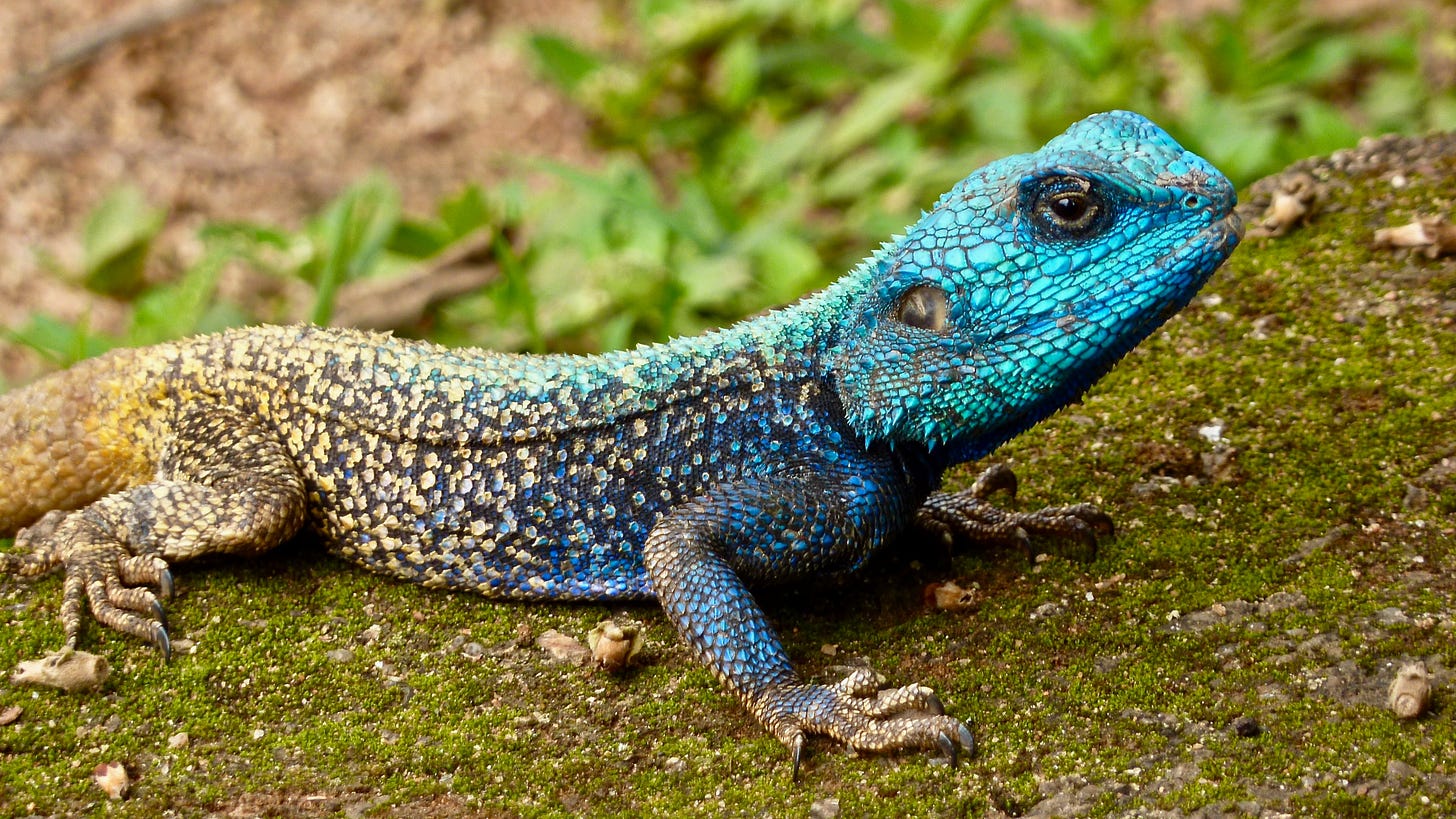
Two months later, by mid-November, fish had appeared, soon followed by the first insects. Finally, amphibians, reptiles, mammals, birds, and flowers all appeared in December. Then, at Christmas (sorry, I know), disaster struck when an asteroid impact was the main culprit to cause the extinction of the dinosaurs.
We move fast forward to the very last half hour before midnight, when the champagne is already out of the fridge. With only 24 minutes to go, Homo sapiens appears. Nobody pays much attention until the very last minute when we develop agriculture. With just two seconds left before midnight, we started the industrial revolution. In the final half-second, we begin to emit the greenhouse gasses at a scale that will rapidly change our climate.
Still, there is no sense of urgency amongst our leaders
Our little green visitors have a different concept of space and time, and they realize it takes just another second or less after midnight before it gets uncomfortably hot on this planet. But, unfortunately, the leaders on this planet fail consistently to recognize and act upon the emergency. And even though the knowledge, technology, and finances are available to solve this crisis, the world leaders still fail to convince our alien guests of any eagerness to take timely actions to stabilize the earth systems.
So they take off in their spaceship, and on their way up, they pass a few billionaires that frantically try to follow their example in their remarkably shaped rockets. They wish them a happy new year, knowing that in hindsight, humans' mismanagement of this planet will just be looked at as a short-lived affair that would soon solve itself. The planet will survive, but will we?
If you are a paying subscriber: thank you for your support!
I write this newsletter because I believe that together we can do better on this beautiful but fragile planet.
This newsletter is an independent production. Accordingly, I have never accepted any advertising offers. I also aim to make as many editions as possible available for free.
Support from those who can afford it makes this independent newsletter available to all.
You can join this initiative by taking a paid subscription.
If the cost of this newsletter ($6/month, $60/year) would create any financial strain, please stay on the free list; I value all readers.
Notes:
https://unfccc.int/news/full-ndc-synthesis-report-some-progress-but-still-a-big-concern





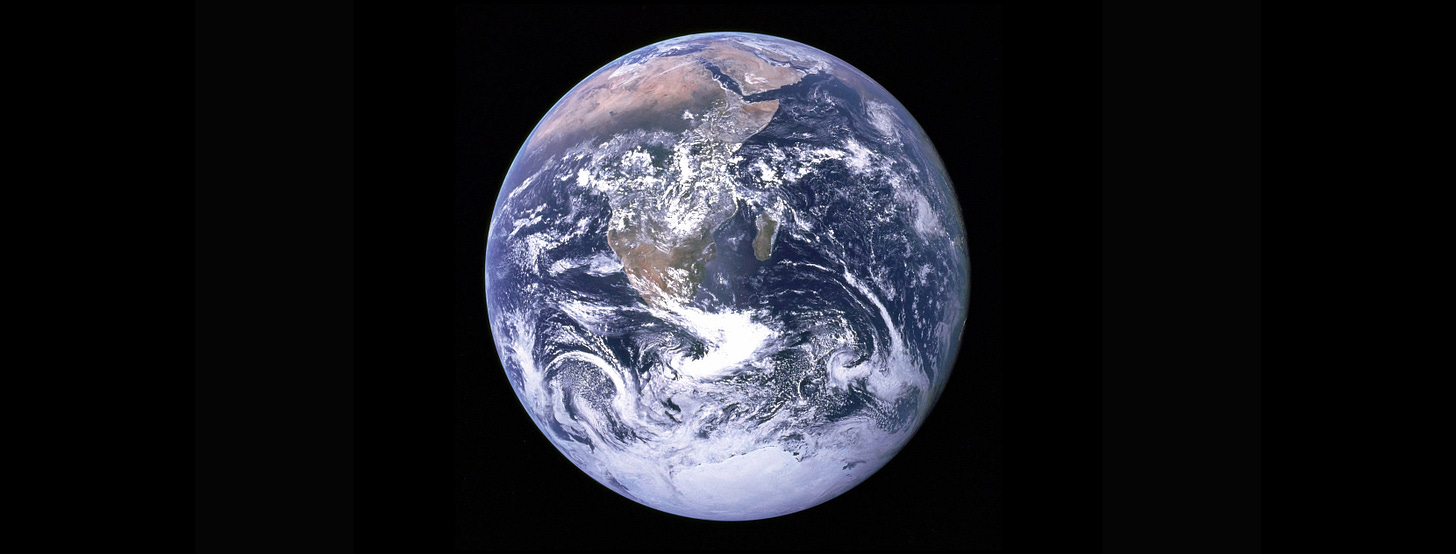

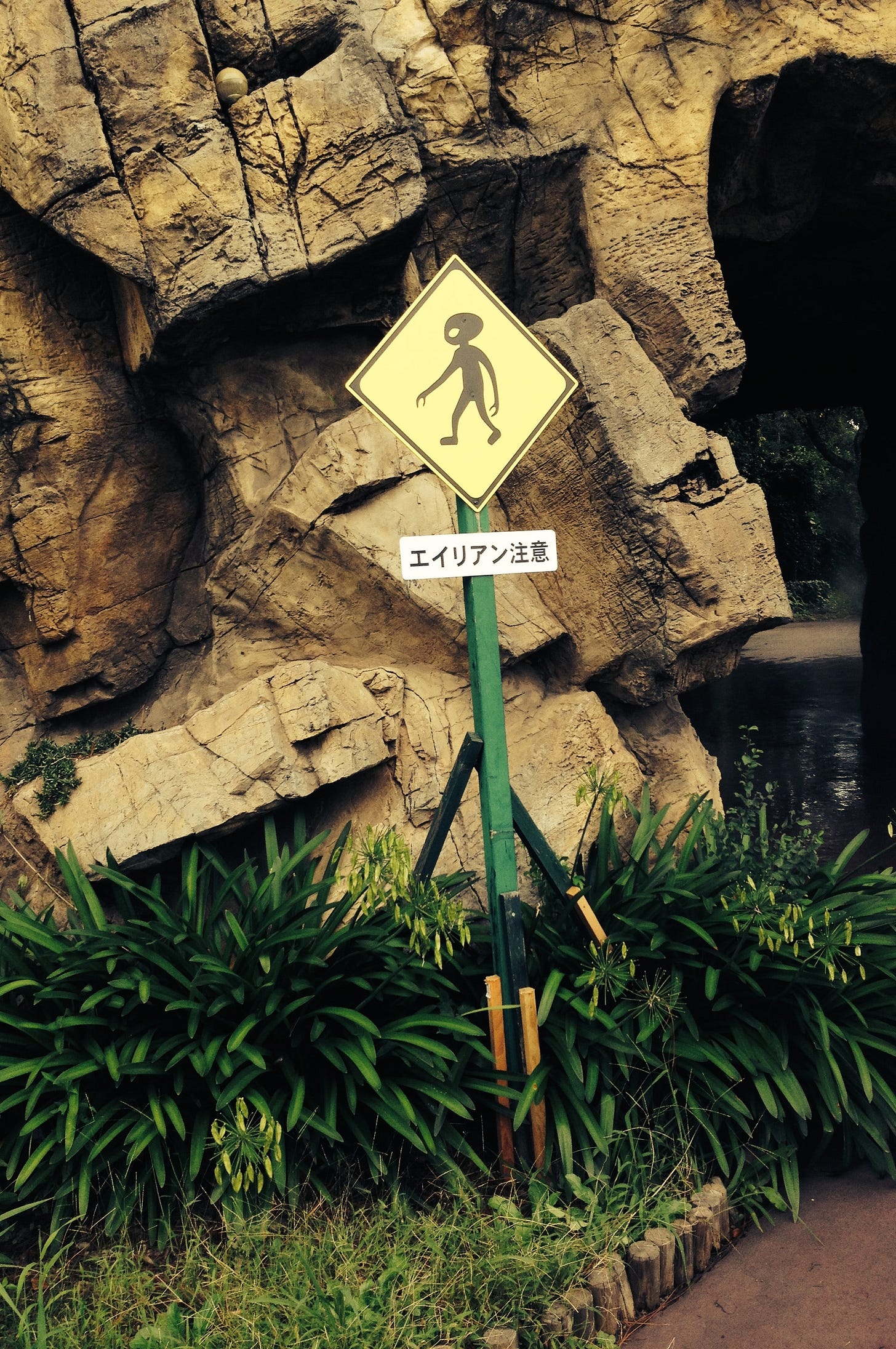
A sobering and insightful article. Instead of billionaires increasing our carbon footprint by sending people into space for a joyride perhaps they could use that money and influence to get nations’ leaders to act on climate change and the other problems this planet is facing. I can only hope these conferences will lead to action.
I read what you wrote, & know it to be true. Then I read that Build Back Better will be cutting the clean electrical program because Senator Joe Manchin is owned by coal & gas companies. The solution would be to elect more progressive Democrats to the Senate, so the Democratic Party has a true majority & can pass this bill which benefits everyone in the world, & our planet.